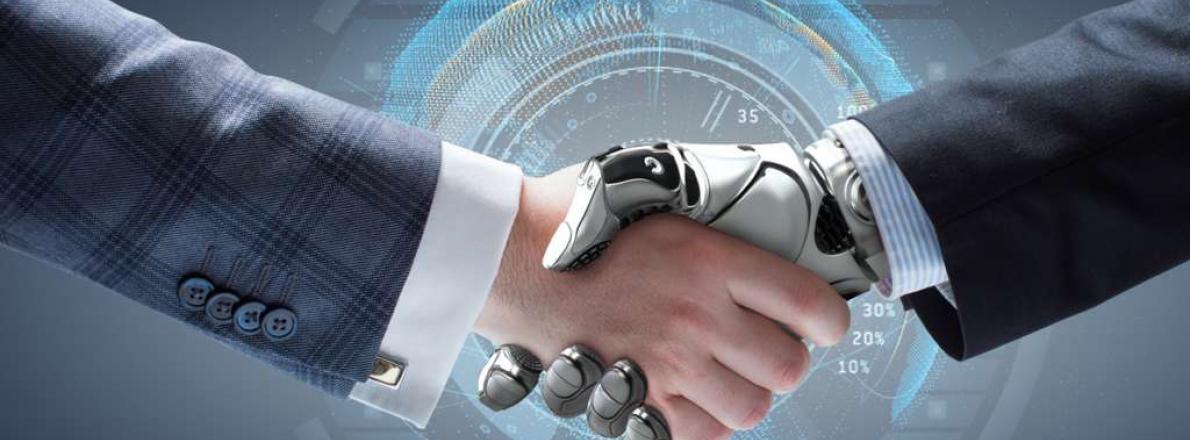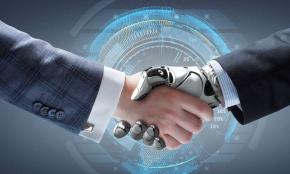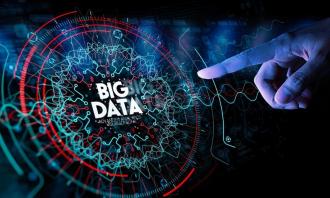


Nissrine Fessikh
27-07-2021 5 min readIn 2022, 80% Of Companies Will Be Using Artificial Intelligence
As you have probably noticed, the transformation of our businesses is underway. Almost all jobs are affected by the digital transformation. With the inevitable arrival of robots in our companies, we have to rethink the daily life of our employees and make sure their missions are compatible with artificial intelligence. Today, 75% of American, Chinese and European companies are exploring and developing processes related to artificial intelligence, a trend that is expected to accelerate.
When you send a letter by mail, it is a visual recognition that captures the address and sends it to the right destination. When we watch movies or series, or when we make a purchase on the Internet, it is an artificial intelligence that proposes recommendations adapted to our desires. In our email box, it is still an algorithm that recognizes spam. The same goes for smartphones, where facial recognition is starting to replace security codes.
The assistants that are more and more numerous (Siri, Google Home, Cortana, Alexa...) convert the voice into text, interpret it and respond by also using artificial intelligence.

Forecast of the market turnover for AI applications in Europe (in millions of dollars)
Artificial intelligence affects all sectors
If this technology has long remained quite distant in the minds of workers, it could well invest massively in their daily professional life in the coming years. If AI continues to be democratized as experts predict, this technology will be present in 80% or even 90% of companies by 2022. According to Microsoft, very small businesses and SMEs could be the first to be affected by this major change. We also observe that the deployment of artificial intelligence in companies is accelerating in all areas and at all levels.
Traditional sectors such as food or banking are perhaps even those for which this technological revolution will be the fastest. As far as the branches of activity are concerned, accounting is as much affected as human resources or marketing.
The algorithms that govern AI will enable companies to become more efficient in many ways: on assembly lines, in data processing or even to perform maintenance activities. If the democratization of artificial intelligence is possible today, it is because the amount of data available is colossal.
New professions are emerging
Algorithms are powered by data, they are dependent on it. It should also be noted that the cloud is a necessary element for AI to develop within companies. However, it should be noted that AI is not something magical. Without human intervention, it could not be as efficient.
Artificial intelligence is also leading to the emergence of new professions such as AI coaches. The artificial intelligence trainer, as its name indicates, is a real coach. He is the one who teaches the AI to recognize objects, he also teaches it to perfect its understanding of human language. In short, his main mission is to feed the artificial intelligence platforms so that they become autonomous.
This is clearly the next challenge of the 21st century. The challenge is still to demystify artificial intelligence within companies. Conferences and hackathons around this topic are regularly organized in organizations to allow workers to familiarize themselves with this technology that will massively land in their daily lives in the coming months and years.
Don't miss any news, subscribe now!
Related articles
Publications recommandées





